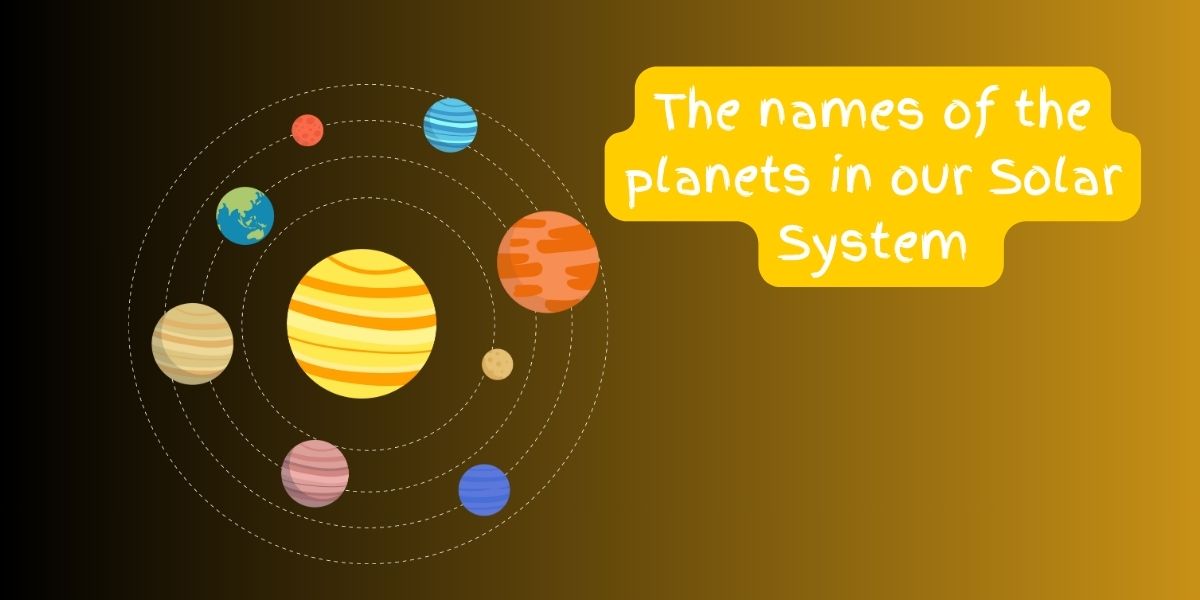The names of the planets in our Solar System are derived from various sources, including ancient mythology, literature, and astronomical observations. Here’s a brief overview:
- Mercury: Named after the Roman messenger god, Mercury, who was known for his speed and agility.
- Venus: Named after the Roman goddess of love and beauty, Venus, also known as Aphrodite in Greek mythology.
- Earth: The name “Earth” is derived from Old English and Germanic words meaning “ground” or “soil.” It is the only planet not named after a mythological figure.
- Mars: Named after the Roman god of war, Mars, also known as Ares in Greek mythology.
- Jupiter: Named after the king of the Roman gods, Jupiter, also known as Zeus in Greek mythology.
- Saturn: Named after the Roman god of agriculture and wealth, Saturn, also known as Cronus in Greek mythology.
- Uranus: Named after the ancient Greek deity of the sky, Uranus, the father of Cronus (Saturn) and grandfather of Zeus (Jupiter).
- Neptune: Named after the Roman god of the sea, Neptune, also known as Poseidon in Greek mythology.
The names of the planets have been used for centuries, dating back to ancient civilizations such as the Greeks and Romans. Over time, as astronomical observations became more sophisticated, the planets were formally named based on these historical associations.


No responses yet